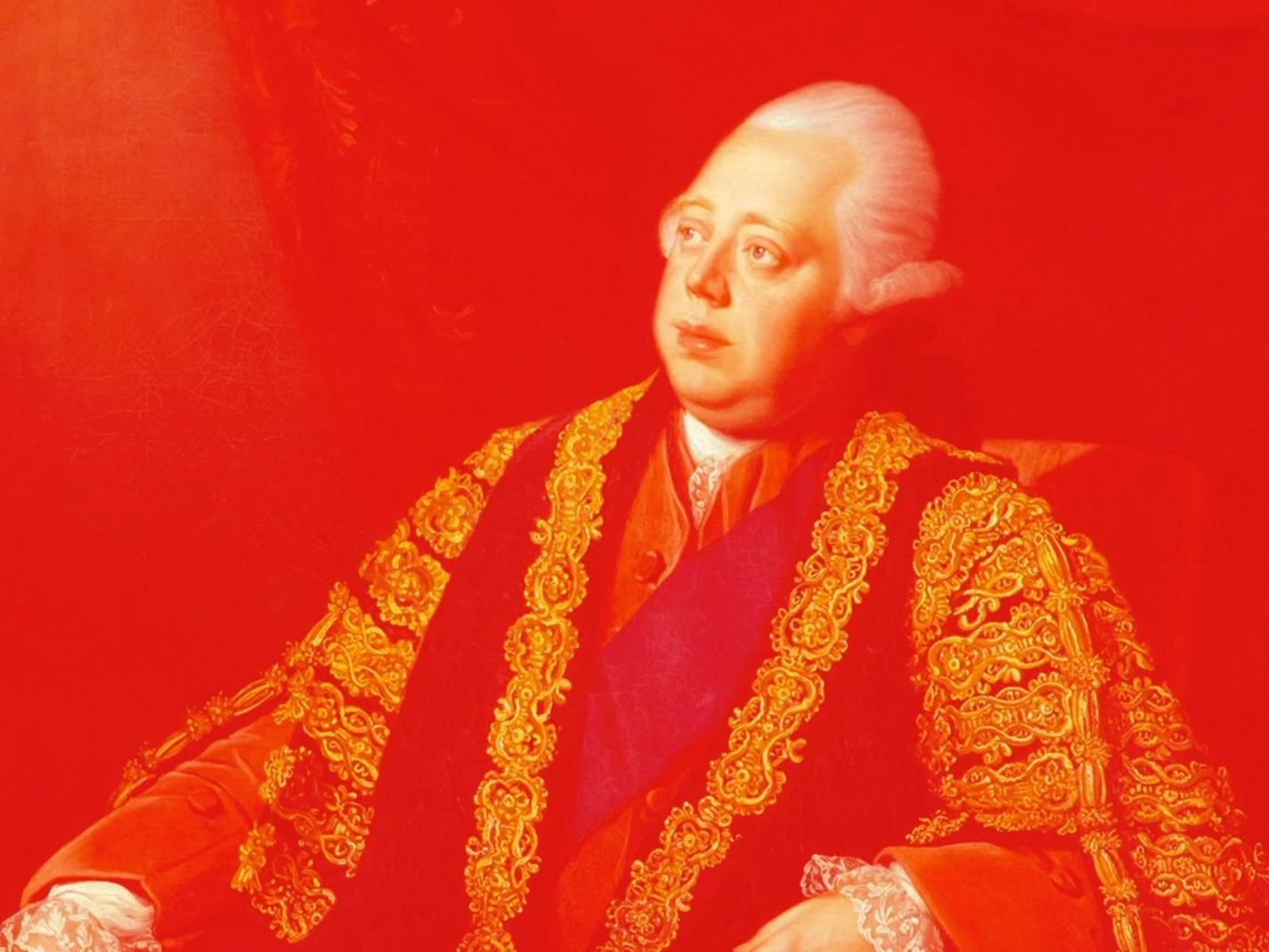
The nation’s 250 Anniversary is only 29 months away. The National Association of Scholars is commemorating the events that led up to the Second Continental Congress officially adopting the Declaration of Independence on July 4, 1776. This is the sixth installment of the series. Find the fifth installment here.
“His Majesty trusts that no opposition will, or can, with any effect, be made to the carrying the law into execution, nor any violence or insult offered to those to whom the execution of it is entrusted. Should it happen otherwise, your authority as the first Magistrate, combined with the command over the King’s troops, will, it is hoped, enable you to meet every opposition, and fully to preserve the public peace, by employing those troops with effect, should the madness of the people, on the one hand, or the timidity or want of strength of the peace officers on the other hand, make it necessary to have recourse to their assistance.”
Those were the words of William Legge, better known to history as Lord Dartmouth, the English Secretary of State for the American Colonies, from August 1772 to November 1775. Legge was the stepbrother of Lord North, whose many missteps exasperated the American colonists and fed directly the revolutionary fervor. As Lord Dartmouth, Legge also mishandled colonial sentiment.
The passage quoted above comes from his letter to Massachusetts’s then-newly-appointed military governor, Thomas Gage. In hindsight, Lord Dartmouth couldn’t have given worse advice. Governor Gage’s avid implementation of the “Intolerable Acts” helped turn a simmering rebellion into an outright revolt.
But not yet. April 1774 was relatively calm before the storm.
The public disorder can provoke two opposite responses from those who are charged with keeping the peace. Sometimes officials declare that the apparent disorder is “mostly peaceful protest” and best allowed to run its course. Other times, officials declare the disorder is a dire threat to the state and must be quashed with every available expedient.
The run-up to the American Revolution provides examples of both.
The British government was slow to intervene when Bostonians destroyed a valuable cargo of East India tea and did nothing when the Loyalist tax man John Malcolm was tarred and feathered. But with the passage of a series of harsh laws in March and April 1674 and the appointment of this grim new governor of Massachusetts, the British government veered far in the other direction.
Parliament passed the first of what became known as the Intolerable Acts on March 31: an act to close the Port of Boston. Word of it had reached the colonies within a few weeks, but King George had not yet signed it into law, and it was not to take effect until June 1, 1774. That left Boston in suspense for April, and very little happened that month, which outwardly moved the colonies towards revolution.
Bostonians expected some kind of retribution for the December 1773 Tea Party, but John Adams, for one, expected the British reaction to be indecisive. In early April, he wrote, “We shall oscillate like a Pendulum and fluctuate like the Ocean, for many Years to come.” More and more ominous news cruised into Boston on ships from England, but nothing decisive. Massachusetts Governor Thomas Hutchinson wrote on April 30 that even he did not know what would come of Parliament’s punitive mood.[1]
The dam would break in May. But April was not totally without developments for our American Revolution Advent Calendar. On April 9, Lord Dartmouth drafted his instructions to General, who was about to ship out to replace Thomas Hutchinson as Massachusetts governor. Hutchison was unloved in the colony, but Gage would prove much worse. Lord Dartmouth essentially gave him the license to bring order to Boston ‘by any means necessary.’ The rabble-rousers, he said, should face punishment “that sets a very necessary and essential Example to others.” If the colonists dared elect the wrong people to the colony’s Council, Gage was instructed to veto them.[2]
On April 15, Lord North introduced to Parliament what would be the second of the Intolerable Acts: the Massachusetts Government Act. It altered the colony’s charter in the direction of a dictatorship. The governor was empowered to name and remove judges and other officers of the state on his own authority, and the Crown would appoint legislators. Elections for office were thereby abolished, and towns could hold public meetings only once a year.[3]
On April 21, North added the Administration of Justice Act to Parliament’s agenda. It specified that English civilians or officers—including customs agents—who were charged with killing an American would be tried in England—all but guaranteeing acquittal.[4]
Americans living in London at the time were embittered by these developments and wrote home about what was happening. The residents of Massachusetts and the other colonies were taking all this in as April wore on to May. The public mood was solidifying, and not in favor of the current government.
April 2024 has some echoes of April 1774. Maggie Hroncich, writing in the New York Sun, April 4, 2024, reports, “1 in 5 American Adults Believe Violence May Be Needed To Get the Country ‘Back on Track,’ Poll Finds.” That speculation runs across party lines and sympathies and can be found on various opinion forums. We can only hope that this time we will not have a latter-day Lord Dartmouth or General Gage to fan the flames.
Gallery

Letita James — Attorney General of New York — Wikimedia Commons
[1] Mary Beth Norton. 1774: The Long Year of Revolution. New York: Knopf. 2020. P. 77.
[2] Norton. Pp. 68-69.
[3] Norton. p. 101.
[4] Norton. P. 101
Art by Beck & Stone
“The public disorder can provoke two opposite responses from those who are charged with keeping the peace. Sometimes officials declare that the apparent disorder is “mostly peaceful protest” and best allowed to run its course. Other times, officials declare the disorder is a dire threat to the state and must be quashed with every available expedient.”
This bipolar approach is how higher education has been dealing with student celebrations for the past quarter century and why I believe that the large residential campus is doomed.
I will never forget the night I stopped at a green light in Amherst so that three Hadley police cars (the entire shift) could run a red light and turn in front of me — they were racing to help the UMass Police quash a peaceful student celebration.
It was the night that President Obama announced that Osama Bin Laden was dead…